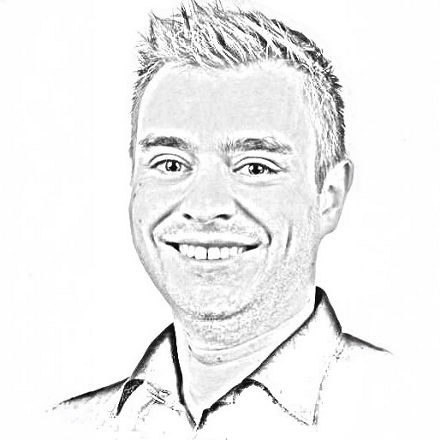The innovation of the Vita Advanced Mattress, which consists of up to 100% recycled polyol, represents a significant advance in circular production. This development utilizes Evonik's advanced hydrolysis technology, which enables polyurethane to be efficiently broken down and high-quality polyols and diamines to be recovered.
These materials can be used in new products, reducing dependence on fossil raw materials and thus reducing environmental impact. Finished samples were presented at the trade fair, showing what a market-ready product could look like.

Polyurethane recycling is particularly relevant given the environmental challenges posed by the disposal of nearly 40 million mattresses annually in the EU.
Evonik's polyurethane recycling technology can help significantly reduce the number of mattresses incinerated and opens up opportunities for mattress manufacturers looking to tap into a fast-growing market for circular raw materials.
ELEMENTS-Newsletter
Receive exciting insights into Evonik's research and its social relevance—conveniently via email.
Emily Schweissinger, Technology Manager at Evonik Comfort & Insulation, highlights the successful partnership with the Vita Group: “It's great to celebrate the success of the Vita Group with its innovative and now officially recognized ‘Best of the Best’ Vita Advanced Mattress.” This collaboration, which began in 2021, has resulted in an efficient recycling process for polyurethane mattresses. The significance of this innovation was underscored at Interzum 2025, a leading trade fair for furniture production, where the Vita Advanced Mattress was honored with the “Best of the Best” award.
This recognition demonstrates how technological innovation can contribute to solving pressing environmental challenges without compromising on mattress comfort and quality.

An astronomically big problem
Evonik has teamed up with the Vita Group in 2021 to develop an efficient process for recycling polyurethane mattresses. On average, we throw away a worn-out mattress every five to ten years. This is a major environmental problem, as around 40 million mattresses have to be disposed of every year in the EU alone. If stacked, these mattresses would reach almost 8,000 kilometers into space, up to the trajectory of GPS satellites.
Scientists at Evonik have developed a process for the chemical recycling of polyurethane flexible foams, which are used in mattresses, for example. By producing high-quality recyclates that are comparable to conventional raw materials, raw material cycles can be closed, waste minimized, and CO2 emissions reduced.
Evonik has been operating a pilot plant in Hanau since 2022, where the process has already been proven to work and is suitable for practical use. Evonik is currently examining the feasibility of a demonstration plant.


